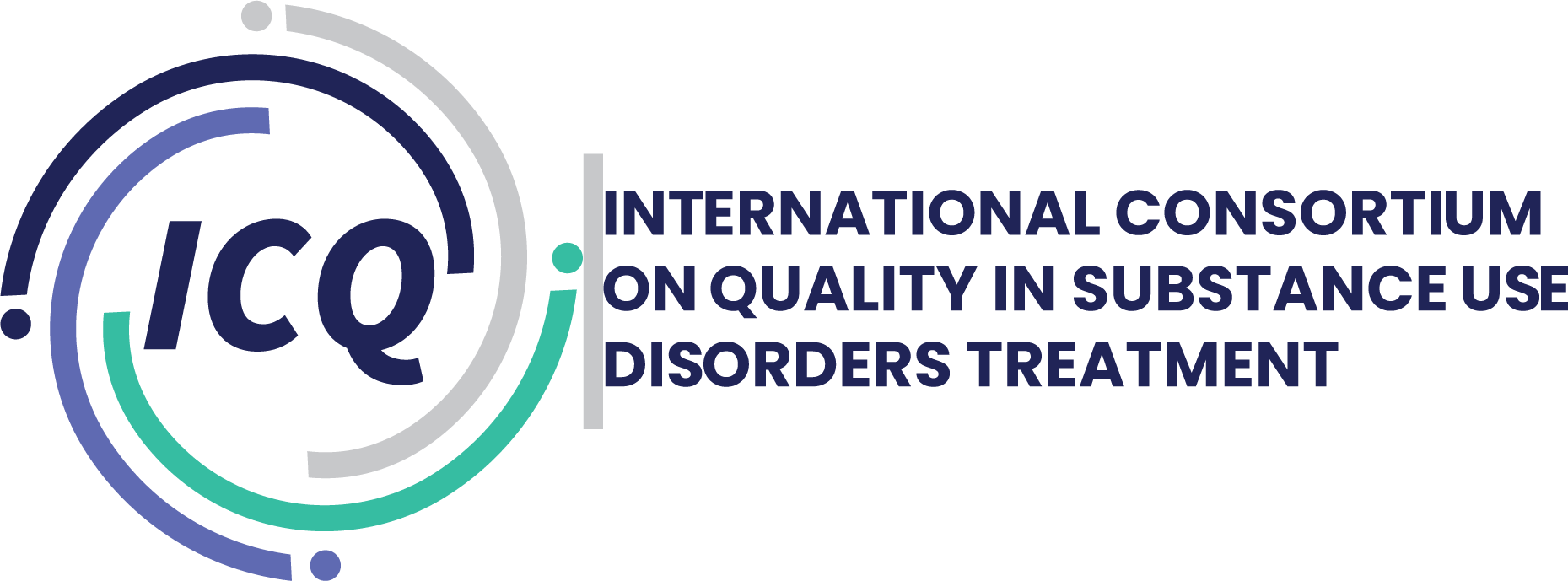Community-based treatment, care, and supervision for people with substance use problems who are involved with the justice system.
Reduce Drug Related Crime
Peer Recovery Support Services in New York Opioid Intervention Courts: Essential Elements and Processes for Effective Integration.
Abstract: Opioid intervention courts (OICs) have shown early promise in addressing the needs of offenders with opioid use disorders. Using their experience, the authors present a framework for conceptualizing the adaptation and integration...
Peer recovery support for individuals with substance use disorders: Assessing the evidence.
Abstract Objective Peer recovery support services are delivered by individuals in recovery from substance use disorders to peers with substance use disorders or co-occurring mental disorders. This review describes the service and assesses...
Peer support on the “inside and outside”: building lives and reducing recidivism for people with mental illness returning from jail.
Abstract Purpose: The purpose of this paper is to gain understanding about the effectiveness of a forensic peer support program’s impact on reducing criminal recidivism. People with histories of mental illness returning to the community...
Peer-mentored community reentry reduces recidivism.
Abstract Most people released from incarceration in the criminal justice system return to prison within 3 years. To improve community reentry, national initiatives have promoted new and revitalized programming, including peer mentorship...
Building recovery capital through community engagement: A hub and spoke model for peer-based recovery support services in England.
Abstract There is a growing evidence base that recovery is contagious and its primary mechanism of spread is through peer champions and groups. This paper examines a model of peer-based recovery support services from Cumbria, England, that...
Conceptualizing recovery capital: Expansion of a theoretical construct.
Abstract In order to capture key personal and social resources individuals are able to access in their efforts to overcome substance misuse, we introduced the construct of recovery capital into the literature. The purpose of this paper is...
Measuring recovery capital for people recovering from alcohol and drug addiction: a systematic review.
Abstract Background: Recovery capital theory provides a biopsychosocial framework for identifying and measuring strengths and barriers that can be targeted to support recovery from alcohol and drug addiction. This systematic review analyzed...
Recovery capital: a systematic review of the literature.
Abstract Background: Recovery from a substance use disorder involves various supports addressing multiple interrelated factors. Recovery capital (RC) is a lens that could help identify distinct areas of assets that could be enhanced and...
Defining and operationalizing the phenomena of recovery: a working definition from the recovery science research collaborative.
Abstract A number of definitions exist for the concept of “recovery” in both the substance use disorder (SUD) and mental health (MH) fields. Previous attempts to define recovery have not reached consensus among experts within the field...
Do diverted kids stay out of trouble? A longitudinal analysis of recidivism outcomes in diversion.
Abstract This study evaluates the effectiveness of a police diversion program between 2008 and 2016. Youth participating in the diversion program were compared to youth not participating in diversion on the probability of, and time to...
